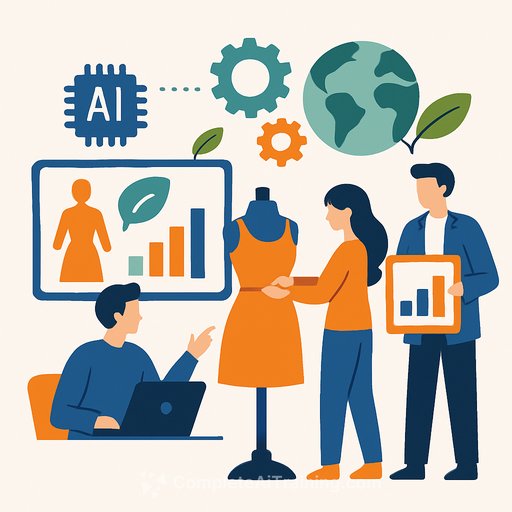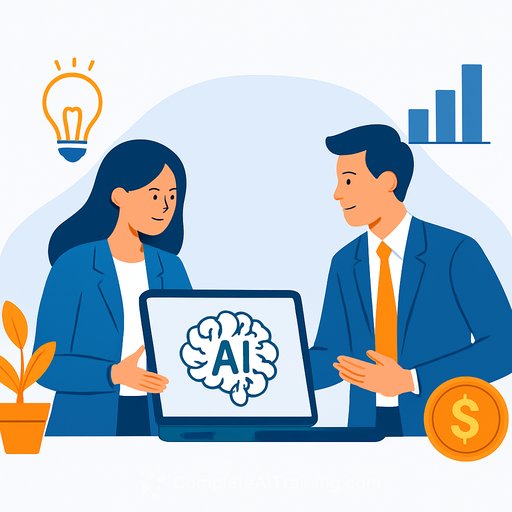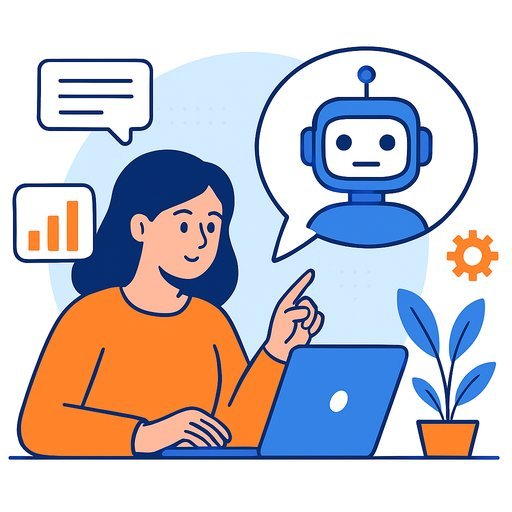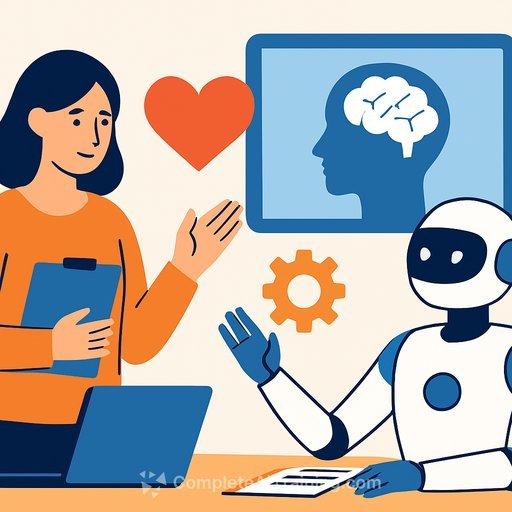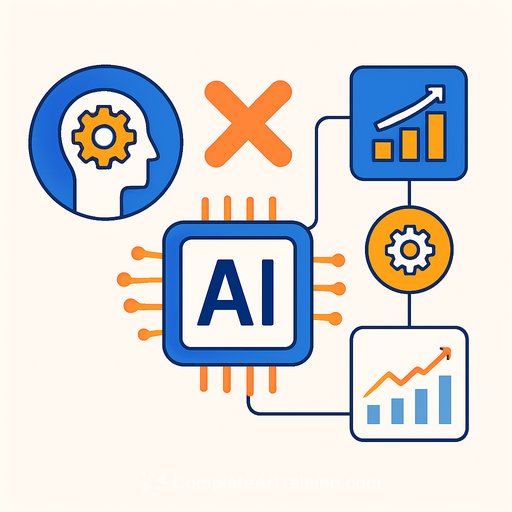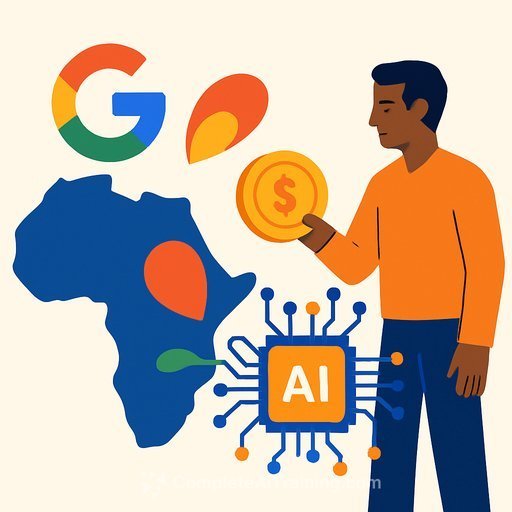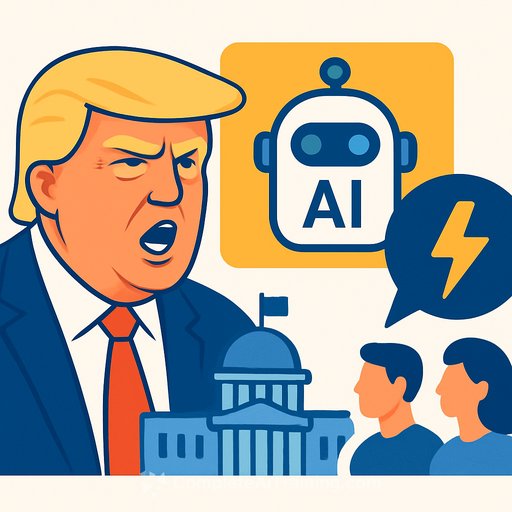Revamping Fashion Education for a Sustainable and Technologically Driven Industry
Fashion education must adapt to keep up with technological advances and shifting industry trends. This means focusing on AI integration for personalization and e-commerce, skill-building through real-world industry connections, and embedding ethical and sustainable practices into every stage of fashion production.
Updating the curriculum to include blended learning, close industry collaboration, and relevant content will better prepare students to thrive in a fashion landscape that’s changing fast.
AI Integration
Personalized products and unique customer experiences are becoming standard expectations in fashion. Students need to learn how to use AI tools to design custom merchandise that fits individual preferences. AI also enhances e-commerce platforms by improving the online shopping experience through smart recommendations and automation.
Emphasizing AI skills in fashion education ensures graduates can contribute effectively to these tech-driven areas. Those interested in exploring AI applications further can find specialized courses at Complete AI Training.
Skill Development
Hands-on learning is essential. Programs are increasingly incorporating industry-linked skill development through mentorships, workshops, seminars, and live fashion events. This approach gives students practical experience and insights into how the fashion business operates, preparing them to handle real challenges after graduation.
Ethical and Sustainable Practices
Fast fashion’s ethical issues are well documented. Fashion education must train students to identify and work with ethical supply chains, select sustainable materials, and support fair-trade practices. Focus should be on creating durable, long-lasting products that minimize environmental impact.
Curriculum Restructuring
Preparing students for a dynamic industry calls for curriculum changes. Blended learning models, field visits, workshops, and updated assessment methods aligned with modern industry standards should be standard. Increasing industry interaction within the curriculum bridges the gap between academic knowledge and professional expectations.
By focusing on AI, practical skills, sustainability, and a modernized curriculum, fashion education can equip students with the tools they need to succeed today and in the future.
Your membership also unlocks:

